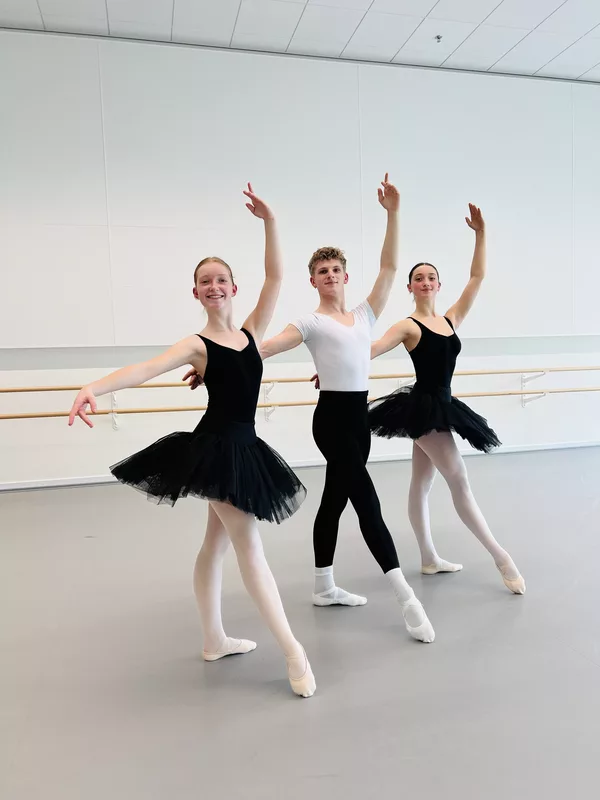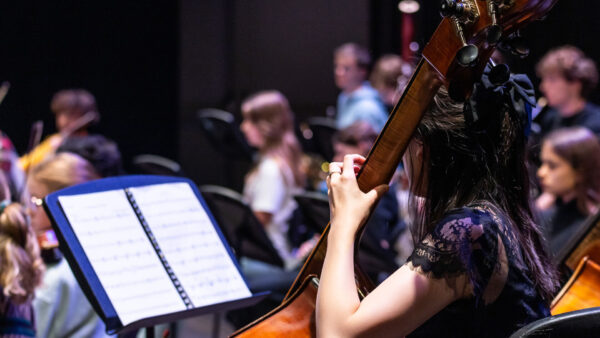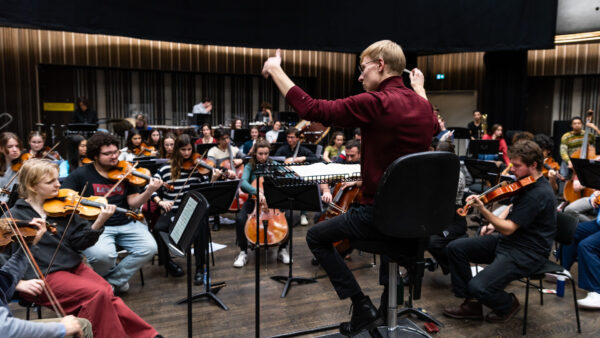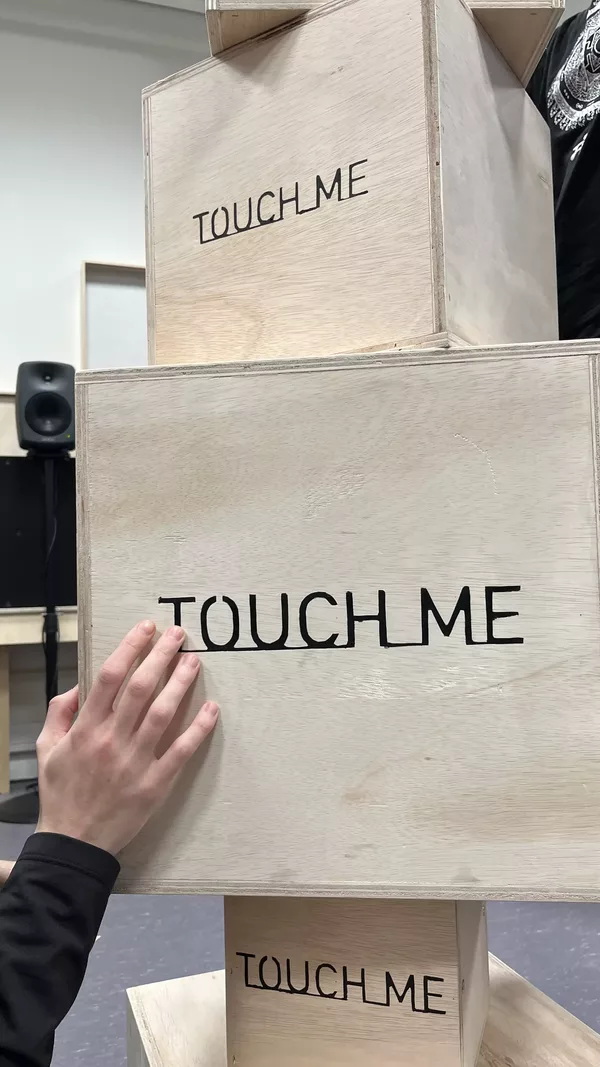Entrance to this course is only possible if an exceptional disposition for the principal study theory is evidenced during the music course in a practical principal study (preferably a keyboard instrument), unless the aforementioned disposition derives from achievements in other areas such as improvisation and/or composition.
Analysis
- the submission of previous work in this area
- the making of a written analysis during the entrance exam
Harmony
- the submission of previous work in this area
- the working out of one or more tasks during the entrance exam
- the harmonisation of a given melody at the piano
Counterpoint
- the submission of previous work. This element will be exempt if the candidate has had no previous education in the subject of counterpoint
Solfège
- the notation of a 3-part polyphonic dictation
- the notation of a rhythmic dictation
- the performance of a notated rhythm
- the singing from sight of an accompanied and unaccompanied solfège
- the identification of mistakes - on melodic, rhythmic and harmonic areas - in played musical fragments
Piano
- the playing of some previously prepared pieces
- the playing from sight of one or more simple pieces. This section is exempt if the candidate already has a keyboard instrument as a principal study
Additional:
In order to be able to study the subject literature effectively, students need to have a good passive knowledge of the French, German and English languages, or the ability to remove weaknesses in this area in a relatively short time.
Masterplan
Before you start the master you must hand in a Masterplan. This plan needs to contain the following: your motivation for following the Master study, the specific principal study you wish to follow and the goals you wish to accomplish, the research programme and its relationship to the principal subject and any other personal wishes for the study.
Download the guidelines for the Masterplan.






